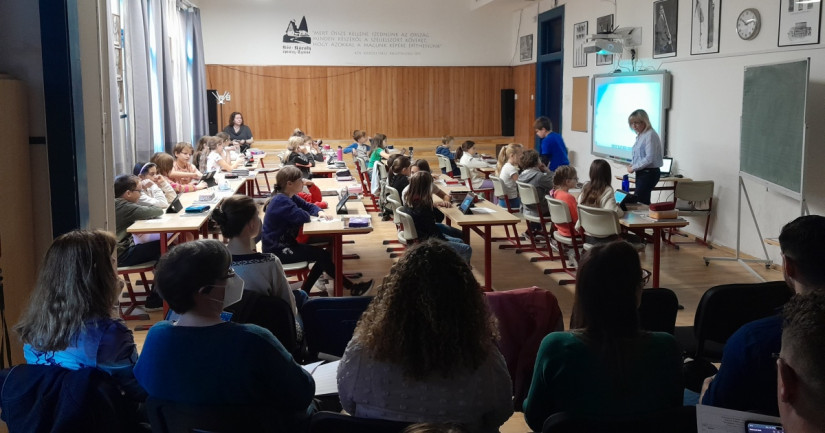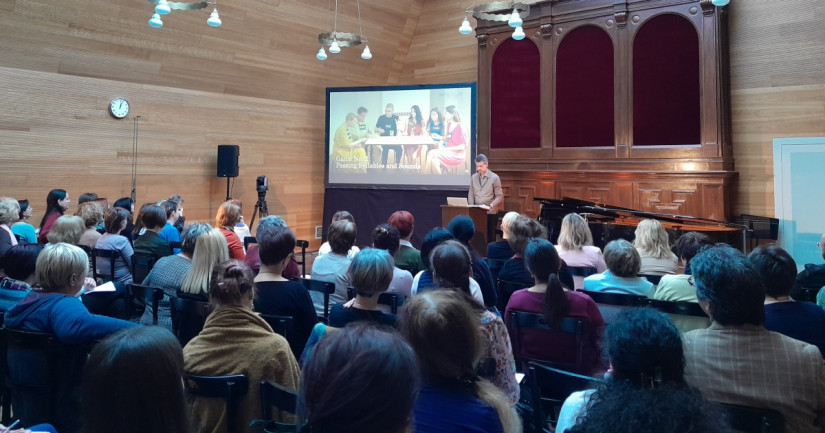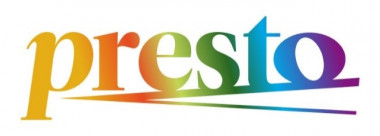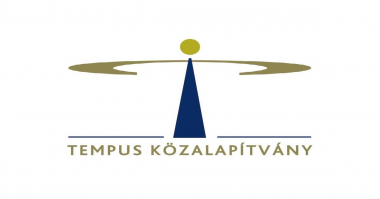World-Class Rating for Erasmus+ Project Led by Liszt Academy’s Kodály Institute
The Evaluation Report of the ‘’PRESTO’’ online tool that equips teachers for remote music education was awarded an outstanding 96/100 score and officially labelled “Good Practice” by the competent EU Agency.
PRESTO reached maximum or near maximum scores in all four areas of the assessment, resulting in a “Good Practice” label to the project by the European Commission’s Education, Audiovisual and Culture Executive Agency. This incredibly high score and acknowledgement reflect the outstanding quality of the project outputs that target music teachers all over the world. The acronym PRESTO stands for 'Practices and Resources for Equipping Schools to Teach Music Online’.
The tool, freely accessible on the easy-to-navigate website kodalyhub.com/presto, offers many curated and peer-reviewed resources to equip teachers with ideas, tips, examples for remote teaching of music. Thanks to the diversity of the project consortium, where HEIs, NGOs and an SME represent four European countries, all fields of music teaching i.e. classroom, choral and instrumental are covered.

Demonstration lesson at the Kós Károly Grammar School in Városmajor (Budapest), the model school of the Liszt Academy
On this diverse and rich platform teachers may find videos, lesson recordings, animated teaching aids, methodology notes, sound files and scores in a total number of more than 750.
The assessment highlighted how the project represented EU values, in terms of inclusivity (materials produced for hearing-impaired people in British Sign Language, a manual for parents, the diversity of languages of the songs exhibited, etc.), and highly praised the cultural values of Zoltán Kodály’s music education principles.

Final event of the PRESTO in Budapest at the Liszt Academy, Cupola Hall
The Kodály Institute’s internationally acclaimed innovative approaches, the involvement of young Irish and Hungarian composers in the project, their playful compositions and the special methodology that turn the disadvantages of latency in distance learning into strengths are also a real specialty.
The consortium was led by the Kodály Institute of the Liszt Ferenc Academy of Music (Kecskemét, Hungary) with artistic leadership by director Dr László Norbert Nemes, whereas consortium members were Caprice Oy (Helsinki, Finland), Dublin City University (Dublin, Ireland), the National Youth Choir of Scotland (Glasgow, Scotland, United Kingdom) and Sing Ireland (Limerick, Ireland). The total funding by the EU was 262,409 euros.
“In addition to this great recognition, this excellent rating is also a vastly important feedback that Zoltán Kodály's principles of joyful and engaging music teaching are valid in today’s digital age and also in international context,” said Dr László Norbert Nemes. He added: “Another important message of the project is that there is a way out even from the deepest hopelessness caused by covid-19 such as the school lockdown and then the hopelessness of singing lessons organised without singing, if teachers are creative as well as free to turn to resources such as those created by this international consortium”.
 |  |  |  |


